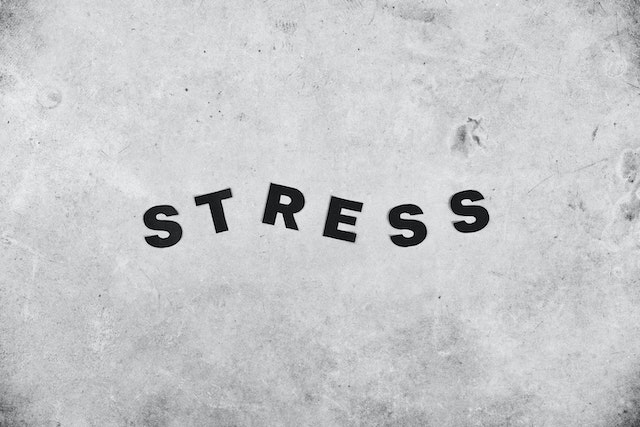
The Hidden Ways Stress Quietly Impacts Your Body.
Although stress is a normal part of life, its consequences can go far further than we usually realize. Stress can have a tremendous effect on your body in ways you might not have understood, even though most of us are aware of the immediate effects like tension, anxiety, and sleep difficulties. In this article, we’ll look at some of the less-publicized effects of stress on your body and how they could affect your general wellbeing(Hidden Effects of Stress on the Body)
Cardiovascular System.
Stress has the ability to silently damage your blood vessels and heart. Your blood pressure and heart rate may increase as a result of the stress hormones cortisol and adrenaline being released. Chronic stress can eventually lead to hypertension, which raises the risk of heart disease and stroke.

Immune System.
Stress can impair your immune system in addition to making you feel overwhelmed. Long-term stress can weaken your immune system, leaving you more prone to diseases and infections. Additionally, it can impede the healing of wounds and raise your chance of developing chronic inflammatory diseases.https://www.apa.org/topics/stress/body
Digestive System.
Stress might affect how responsive your gut is. The balance of microorganisms in your digestive system can be upset by stress, which may result in digestive problems like irritable bowel syndrome (IBS) or worsen existing illnesses like acid reflux and ulcers. Additionally, it may influence bowel movements and food absorption.

Skin Health.
Have you ever noticed that moments of stress cause breakouts on your skin? Acne, eczema, and psoriasis are a few skin diseases that stress can either cause or make worse. By hastening the loss of collagen and elastin in your skin, it can also cause premature aging.https://www.mayoclinic.org/healthy-lifestyle/stress-management/in-depth/stress-symptoms/art-20050987
Musculoskeletal System.
When you’re stressed, your muscles experience tension and rigidity, but that’s just the beginning. Chronic stress can cause long-term muscle tension, which raises the risk of migraines, temporomandibular joint dysfunction (TMJ), and tension headaches. Additionally, it can make problems like back discomfort and arthritis worse.
Respiratory System.
You may be more prone to shallow or quick breathing when under stress, which might impact your breathing habits. Asthma and chronic obstructive pulmonary disease (COPD) can be triggered or made worse by this. It may also exacerbate respiratory problems associated with sleep, such as sleep apnea.

Reproductive System.
Stress can affect fertility in both men and women. It can affect women’s menstrual cycles, causing irregular periods or even amenorrhea (the lack of menstruation). Chronic stress in men may have an impact on the quantity and quality of sperm, which may compromise fertility.https://www.deborahbulcock.com/the-effect-of-hidden-stress-whats-it-really-costing-you/
Cognitive Function.
Stress can affect cognitive function in addition to being a mental strain. Chronic stress can cause memory loss, attention deficit disorder, and brain fog. Additionally, it might make neurological illnesses like Alzheimer’s more likely.
Conclusion.
A powerful force, stress can silently harm your health in a variety of ways. Even while it’s hard to completely eradicate stress from your life, the first step in effectively managing it is becoming aware of how it affects your body in subtle ways. Making stress management practices like mindfulness, physical activity, and sufficient sleep a priority will help you maintain your general well-being and avoid the long-term health effects of chronic stress. Don’t allow stress creep up on you; take steps to lessen its affects and give your health and happiness top priority.https://www.healthline.com/health/stress/effects-on-body



Pingback: "Stress vs. Chronic Stress"
Pingback: Unveiling Anxiety Triggers: A Comprehensive Guide to Understanding and Managing Stress. - Purebliss mentalcare.org